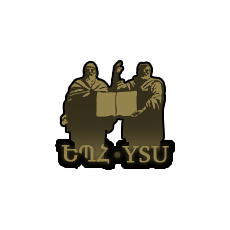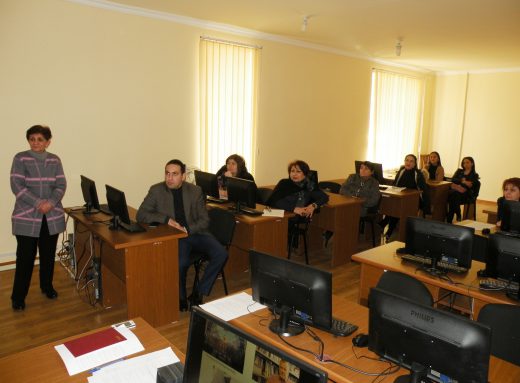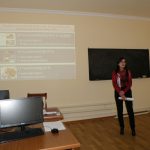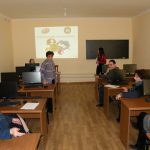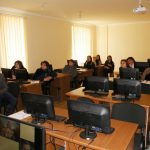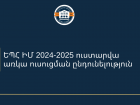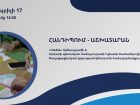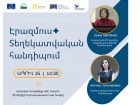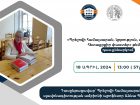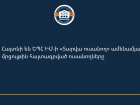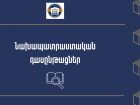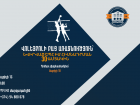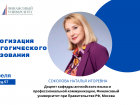On March 5th, 2019, YSUIB Professional Education Quality Assurance Department organized a meeting with the professional staff of the university.
The meeting was attended by lecturers of different Departments of the Branch, members of the student group supporting the internal processes of Professional Education Quality Assurance Department.
First, the head of department M. Chagharyan made a speech noting that based on the requirements of YSU Ijevan Branch 2016-2020 Strategic Development Program 1.2.6. (to develop and implement academic honesty mechanisms to prevent plagiarism), the Department organizes meetings with students and professional staff. It was mentioned that in 2018 December, the Department of Professional Education Quality Assurance first met with students supporting internal processes of the Department, enrolled in Full-time training program.
The meetings were held in focus groups. The aim of the Department was to study and find out the satisfaction of students from the current level of academic honesty at the Branch, to identify academic plagiarism and its consequences, to enable students to present their proposals. Then a survey was conducted which included 47 students from four faculties.
- Chagharyan, presenting the agenda of the meeting with the lecturers, mentioned that the meeting aimed to discuss with the professional staff the current “YSU Charter of Academic Honesty” for making amendments or additions in it. By doing so, they will support honest and fair learning and the process of developing the mechanisms that ensure academic honesty.
Then, Anahit Hovsepyan, Department Specialist, introduced the results and analysis of the student survey on the level of academic honesty in YSU Ijevan Branch and on making amendments and additions in the “YSU Charter of Academic Honesty”. In particular, it was emphasized that 83% of the respondents were fully or partially satisfied with the level of academic honesty at the Branch. Then the students’ opinions and suggestions on how to raise the level of academic honesty in the Branch and the ways to prevent academic dishonesty were presented. It was noted that the Department discussed the suggestions made by the students and highlighted a number of suggestions that were presented to the discussion.
During the meeting, the lecturers welcomed the students’ realistic opinions and their abilities to realize their own drawbacks in the educational process.
Then there was a heated debate on the students’ proposals for raising the level of academic honesty. The lecturers put forward their own suggestions and ideas about academic dishonesty, its forms of manifestation, and the steps to prevent it. Most of them did not consider realistic and justifiable (according to the current order) the use of strict sanctions against students for academic dishonesty.
The participants put forward that they scrupulously expressed their views on the current level of academic honesty at the Branch, their steps to prevent them, their opinions about the motives for applying academic dishonesty, making suggestions to ensure academic honesty (especially graduation work).
The head of Professional Education Quality Assurance Department M. Chagharyan noted that after reviewing the results of the meeting and the results of the survey, the department would review its regulations, attaching particular attention to the forms of liability for administrative dishonesty (paragraphs 3.4 of Regulation 4).
According to M. Chagharyan, the Department now works on the Code of Conduct which will include academic honesty and dishonesty, definition of dishonesty prevention rules, ethical norms and ethical conduct rules, and, then the regulation will not come into force.




